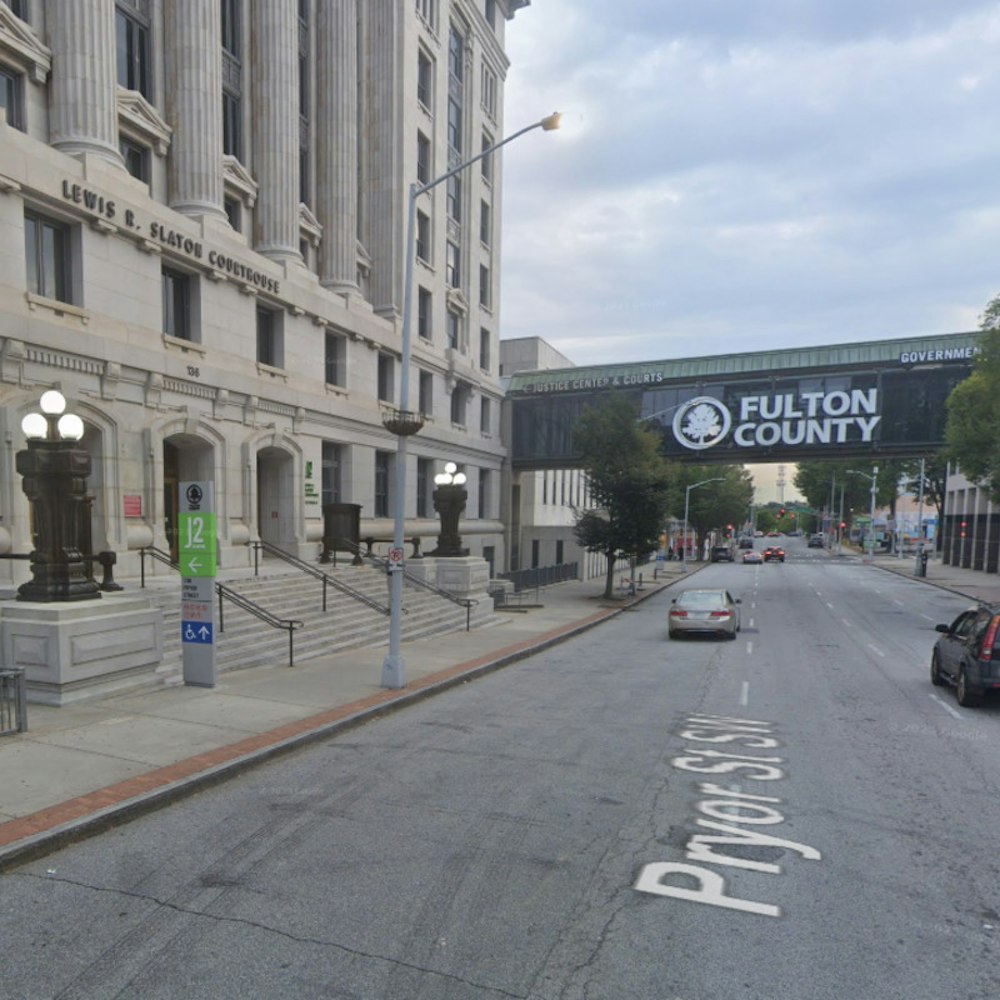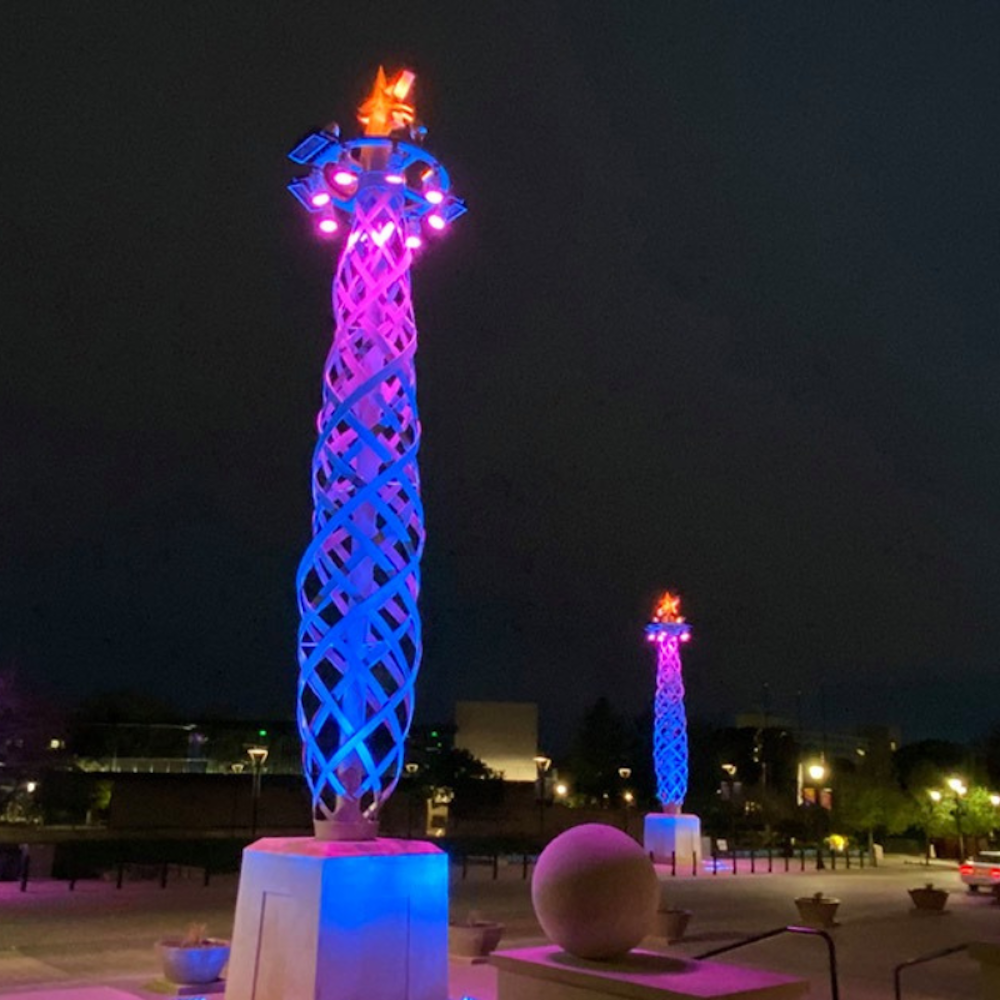
In an ongoing effort to foster open dialogue and involvement among residents, the City of Hillsboro has been engaging citizens through its monthly initiative, "Community Conversations with Mayor Steve Callaway." Since its inception in September 2022, the series has served as a platform for Mayor Callaway to interact directly with the community, bringing in different panelists each month. These discussions often include city employees, community partners, and residents, creating an open channel for shared insights and feedback on civic matters.
On the heels of the series launch, Hillsboro's engagement efforts seem to be in full swing, seeking to bridge the divide between governance and the governed, an initiative not seen as frequently in local politics as one might hope. According to the City of Hillsboro's website, the "Community Conversations" not only addresses ongoing projects and issues within the city but also sheds light on the workings behind municipal decisions and policies. It's a move that, perhaps in the spirit of a town hall, aims to pull back the bureaucracy curtain and connect citizens more closely with the city's inner functions.
The topics discussed in these monthly meetings vary widely, reflecting the diverse concerns of Hillsboro's inhabitants. From infrastructure, and public safety to sustainability efforts, each session brings forward new subjects handpicked to resonate with the locals and answered candidly by Mayor Callaway and the invited panelists. Residents are allowed to voice their concerns, ask questions, and propose ideas directly to the city's leadership, a critical step towards community-driven governance.
For more information on upcoming "Community Conversations with Mayor Steve Callaway," or to review past discussions, residents can visit the City of Hillsboro's official website. These sessions offer a promising model for interactive governance, one that perhaps other cities might look to emulate, providing citizens with a direct line to their elected officials and the chance to actively shape the city in which they live.









